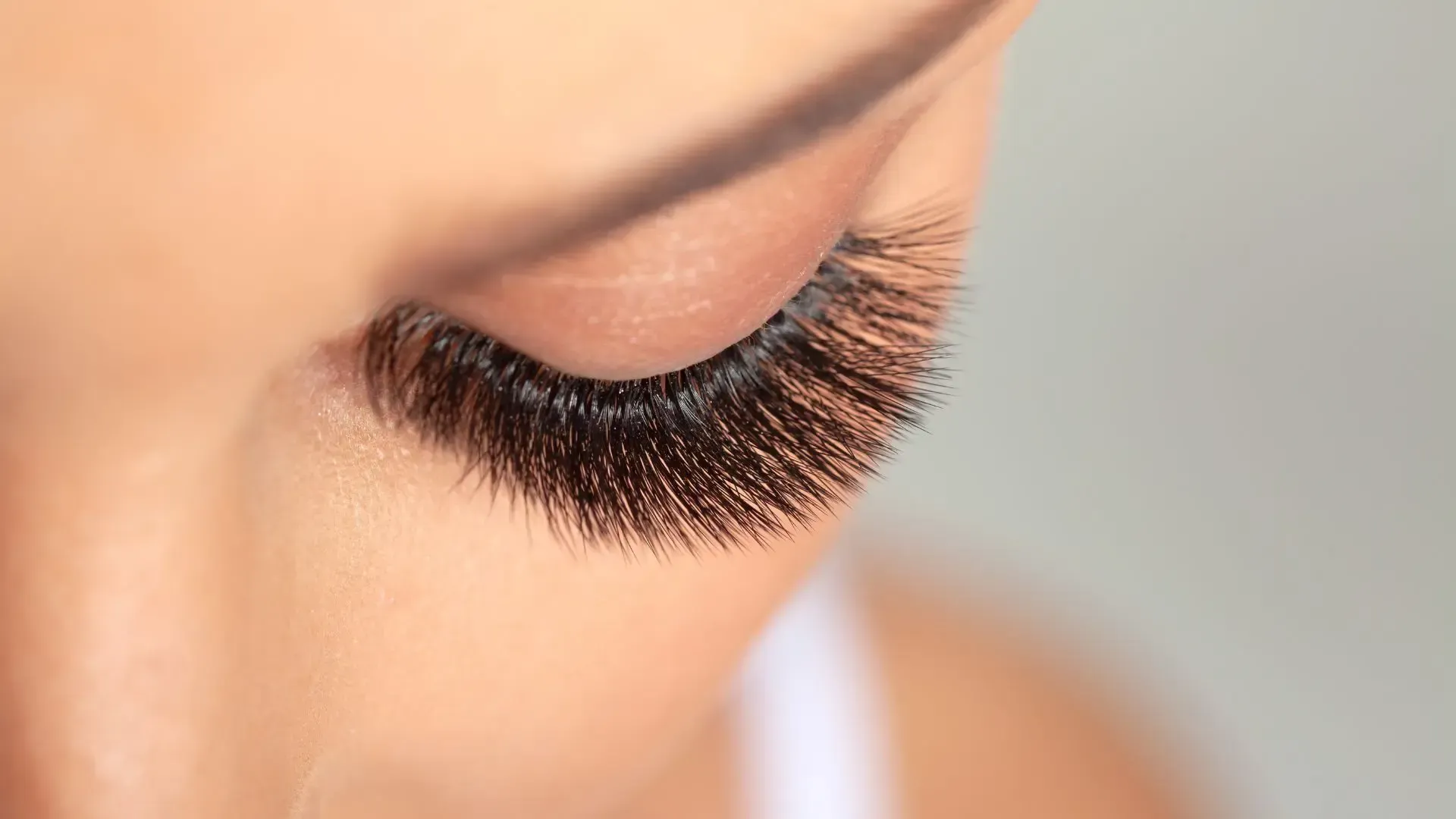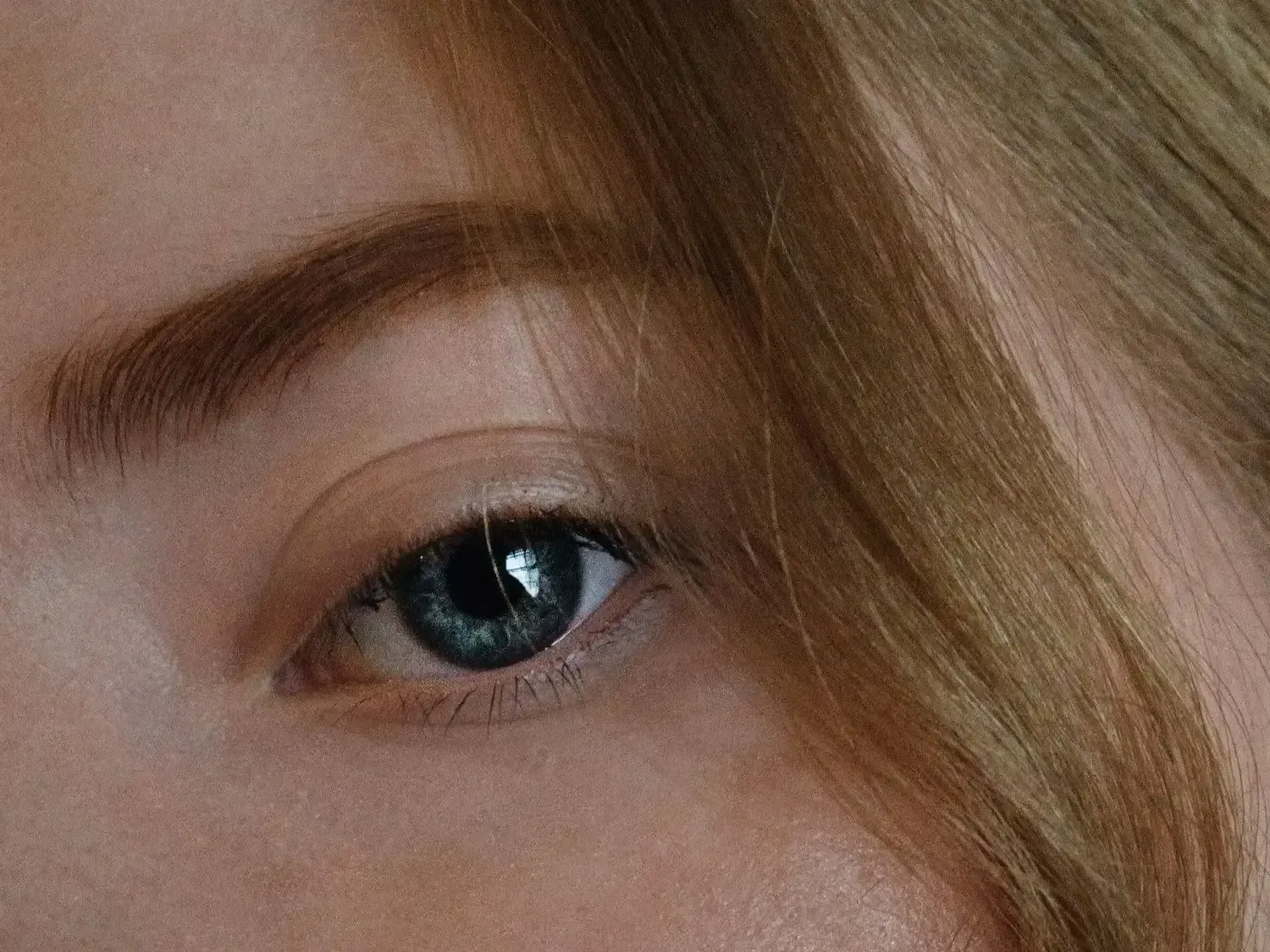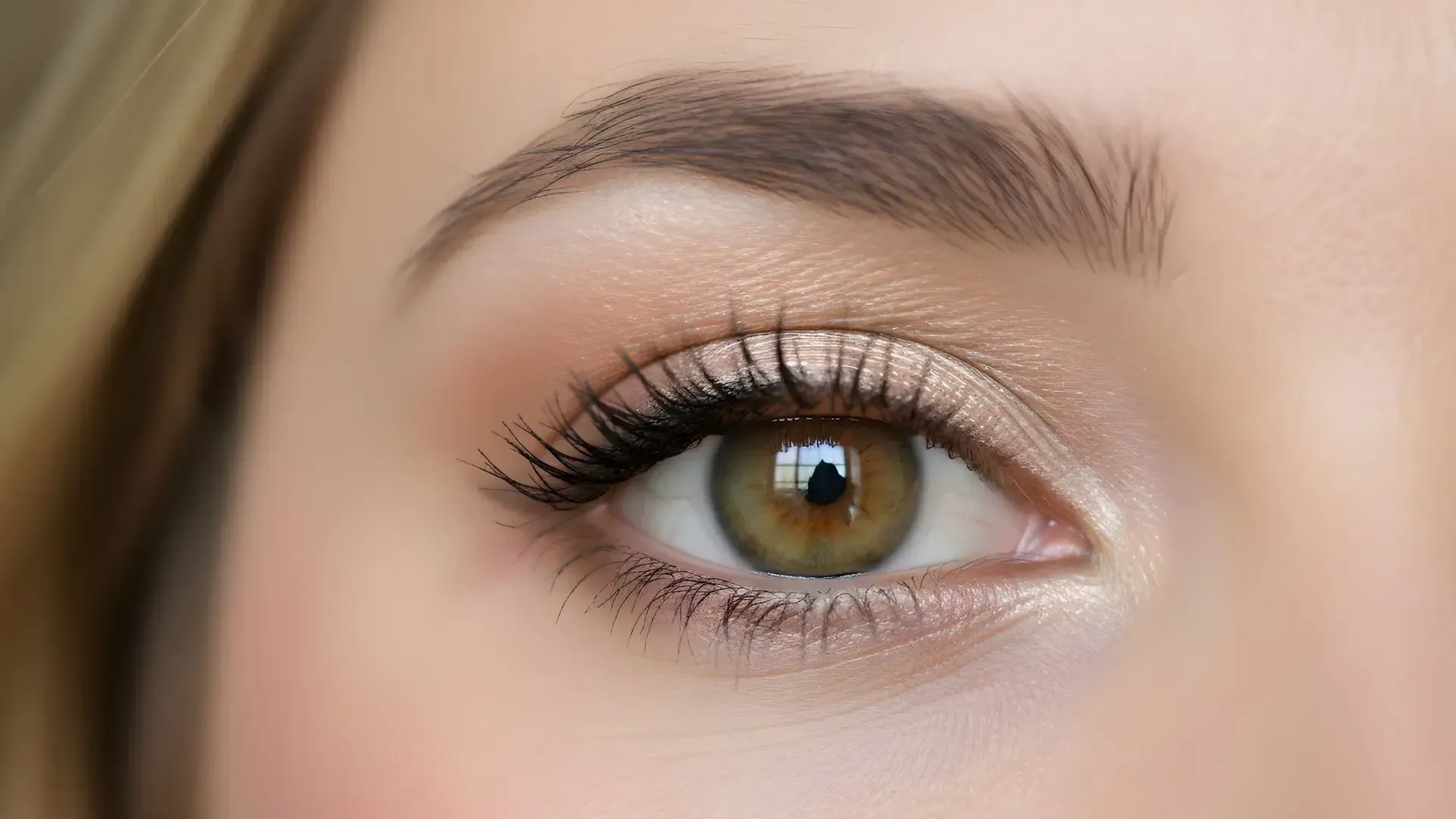What's the Right SPF for you?

Physical Sunscreens
Physical sunscreens, also known as mineral sunscreens, are a type of sunscreen that works by creating a physical barrier on top of the skin that reflects UV radiation away from the skin. They contain active mineral ingredients such as zinc oxide or titanium dioxide, which are not absorbed into the skin.
When applied to the skin, physical sunscreens sit on top of the skin and act as a shield to protect against both UVA and UVB rays. They work immediately upon application and do not require time to be absorbed into the skin to become effective.
Here are some additional facts about physical sunscreens:
- They are often preferred by people with sensitive skin, as they are less likely to cause irritation or allergic reactions.
- They are generally thicker and heavier than chemical sunscreens, and may leave a white residue on the skin.
- They can be more water-resistant and require less frequent reapplication than chemical sunscreens.
- They are generally stable and do not break down as easily as chemical sunscreens, making them more effective for longer periods of time.
- They are typically better at preventing sunburn than chemical sunscreens, but may not provide as much protection against UVA radiation.
Chemical Sunscreens
Chemical sunscreens are a type of sunscreen that works by absorbing UV radiation and converting it into heat, which is then released from the skin. They contain a variety of chemicals such as oxybenzone, avobenzone, octinoxate, and homosalate, among others.
When applied to the skin, these chemicals penetrate the skin's surface and absorb the UV radiation before it can damage the deeper layers of skin. They typically provide protection against UVB rays, but some chemical sunscreens also protect against UVA rays.
Here are some additional facts about chemical sunscreens:
- They are usually clear and do not leave a visible residue on the skin.
- They are often preferred for their lightweight and non-greasy feel on the skin.
- They require time to be absorbed into the skin before becoming effective, typically around 15-20 minutes.
- They may be more irritating for people with sensitive skin, as some of the chemicals used in these sunscreens can cause allergic reactions or other skin irritations.
- They can break down more quickly in the sun and may require more frequent reapplication than physical sunscreens.
Overall, chemical sunscreens can be an effective way to protect your skin from UV radiation, but it's important to choose a sunscreen that works well for your skin type and provides the level of protection you need to prevent sun damage.

The main difference between chemical and physical sunscreens is how they work to protect your skin from the harmful effects of the sun's UV rays.
Chemical sunscreens work by absorbing UV radiation and converting it into heat, which is then released from the skin. They contain chemicals such as oxybenzone, avobenzone, and octinoxate, which can be absorbed into the skin and may cause irritation for some people.
Physical sunscreens, on the other hand, work by creating a physical barrier on top of the skin that reflects UV radiation away from the skin. They contain active mineral ingredients such as zinc oxide or titanium dioxide, which are not absorbed into the skin and are generally better tolerated by people with sensitive skin.
Here are some other differences between chemical and physical sunscreens:
- Coverage: Physical sunscreens provide more complete coverage, protecting against both UVA and UVB rays, whereas some chemical sunscreens may only protect against one type of UV radiation.
- Sun protection factor (SPF): Both chemical and physical sunscreens can offer the same level of SPF protection, but physical sunscreens tend to provide higher levels of SPF due to their more complete coverage.
- Reapplication: Physical sunscreens tend to last longer than chemical sunscreens, so they may not need to be reapplied as often.
- Residue: Some people find that physical sunscreens leave a white residue on their skin, while chemical sunscreens do not.
Ultimately, the choice between chemical and physical sunscreens comes down to personal preference and skin type. It's important to choose a sunscreen that provides the level of protection you need and works well for your skin.
Inkskyn is the home of luxe eyebrows and quality skin treatments and services in East Fremantle, Perth using industry-leading products that are performed to the highest level of professionalism. Check out our services or contact Sarah for advice or to book a treatment
















